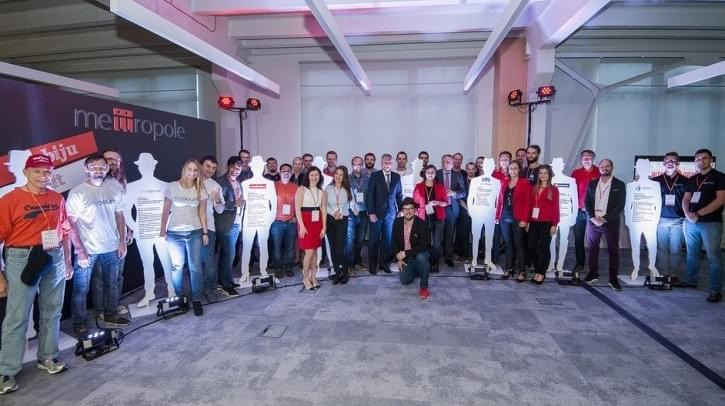Are Startups About to Migrate to Latvia?
2016
Nov 29
Nov 29

After making a good start and having facilitated a particularly successful development of the startup ecosystem over the past years, creating conditions for startups to thrive, Lithuania is likely to be gradually losing its positions in the competitive struggle to its neighbours. When the Latvian Parliament approved tax advantages for innovative businesses a few days ago, the tax rate charged on startup salaries in Lithuania became three times as high as in Latvia.
Latvia-based seed startups will pay a fixed monthly levy of EUR 252 on salaries below the threshold of EUR 4 050 per month. On a EUR 1 200 salary paid to an employee a startup in Latvia will be charged tax at a rate of 21% (income and social insurance tax). Meanwhile, the same amount of salary in Lithuania would be subject to tax at a rate of 54.98% (income and social insurance tax).
Elena Vėgėlytė, tax adviser at COBALT, commented: “Startups are often a product of cosmopolitan and highly mobile young entrepreneurs. It will definitely come as no big surprise to us if Lithuanian startups, just as foreign startups, choose Latvia as a place where they want to develop their ideas. If this is the case, the process will be very painful for Lithuania, which has the ambition to position itself as the startup hub in the Baltics.”
Belarus offers exclusive conditions
The conditions that Lithuania can offer seem far worse compared to those that Belarus has created for early stage high added value generating businesses. The High Technology Park in Belarus offers significant tax advantages to IT companies registered within the Park – 9% personal income tax and social insurance tax below EUR 100 (34% of the average salary, which currently is approx. EUR 330). The Park applies the status of a virtual resident, meaning that in practice the advantage applies to all high tech companies throughout Belarus.
According to Elena Vėgėlytė, tax adviser at the Law Firm COBALT, the main point when advising foreign investors, and early stage startups in particular, is the burden of future employment-related taxation.
“As they hear that a 55% tax rate on salary is charged in Lithuania, the other conditions we use to tempt startups – modern public authorities, the country’s well-developed infrastructure, a convenient banking system and other conditions particularly favourable to foreign investments become not so relevant anymore,” Elena Vėgėlytė, tax adviser at COBALT, said.
